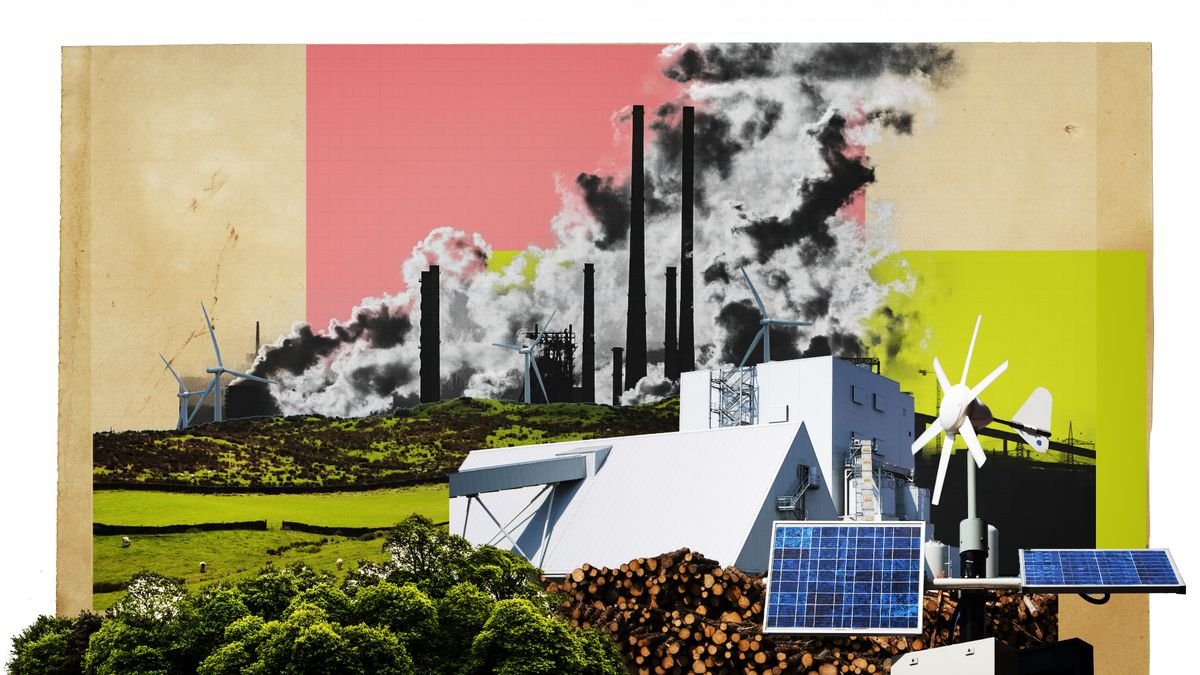Introduction
Climate change is one of the most pressing issues facing the world today. The rise in global temperatures, melting ice caps, and extreme weather events are clear indicators of the urgent need for action. One of the key contributors to climate change is greenhouse gas emissions, particularly carbon dioxide (CO2) emissions. In recent years, there have been significant advancements in emission reduction technologies and strategies. In this article, we will explore the latest developments in combatting climate change through emission reduction.
Renewable Energy Sources
Transitioning from fossil fuels to renewable energy sources is crucial in reducing greenhouse gas emissions. Solar, wind, and hydroelectric power are among the most popular and effective alternatives to traditional energy sources. Solar panels are becoming increasingly affordable and efficient, making them a viable option for both residential and commercial use. Wind turbines are being installed in wind-rich areas to harness clean energy. Hydroelectric power, generated by flowing or falling water, is another sustainable energy source that can significantly reduce emissions. National Renewable Energy Laboratory and International Energy Agency are two authoritative sources that provide extensive research and information on renewable energy sources and their impact on emission reduction.
Energy Efficiency
Improving energy efficiency is an effective way to reduce emissions. Energy-efficient appliances, such as LED light bulbs and energy-saving refrigerators, consume less electricity and contribute to lower emissions. Additionally, proper insulation and sealing of buildings can significantly reduce the energy required for heating and cooling. Many countries have introduced energy efficiency standards and labeling programs to encourage the use of energy-efficient products and practices. U.S. Department of Energy and International Energy Agency are authoritative sources that provide valuable insights into energy efficiency measures and their impact on emission reduction.
Carbon Capture and Storage
Carbon capture and storage (CCS) is a technology that captures CO2 emissions from power plants and industrial facilities and stores them underground. This prevents the CO2 from being released into the atmosphere and contributing to global warming. CCS has the potential to significantly reduce emissions from large-scale sources. Ongoing research and development are focused on improving the efficiency and cost-effectiveness of CCS technologies.
Global CCS Institute and International Energy Agency are authoritative sources that provide comprehensive information on carbon capture and storage technologies and their potential in emission reduction.
Transportation Innovations
The transportation sector is a major contributor to greenhouse gas emissions. The development of electric vehicles (EVs) and the expansion of charging infrastructure are key strategies in reducing emissions from transportation. EVs produce zero tailpipe emissions and are becoming more affordable and accessible. Additionally, the use of public transportation, cycling, and walking can help reduce the number of cars on the road and decrease emissions.
U.S. Environmental Protection Agency and International Energy Agency are authoritative sources that provide insights into transportation innovations and their impact on emission reduction.
Conclusion
Combatting climate change requires a collective effort to reduce greenhouse gas emissions. The latest advancements in emission reduction technologies and strategies offer hope for a more sustainable future. Transitioning to renewable energy sources, improving energy efficiency, implementing carbon capture and storage, and promoting transportation innovations are key steps in the fight against climate change. By implementing these solutions and continuing to invest in research and development, we can make significant progress in reducing emissions and mitigating the impacts of climate change.
































